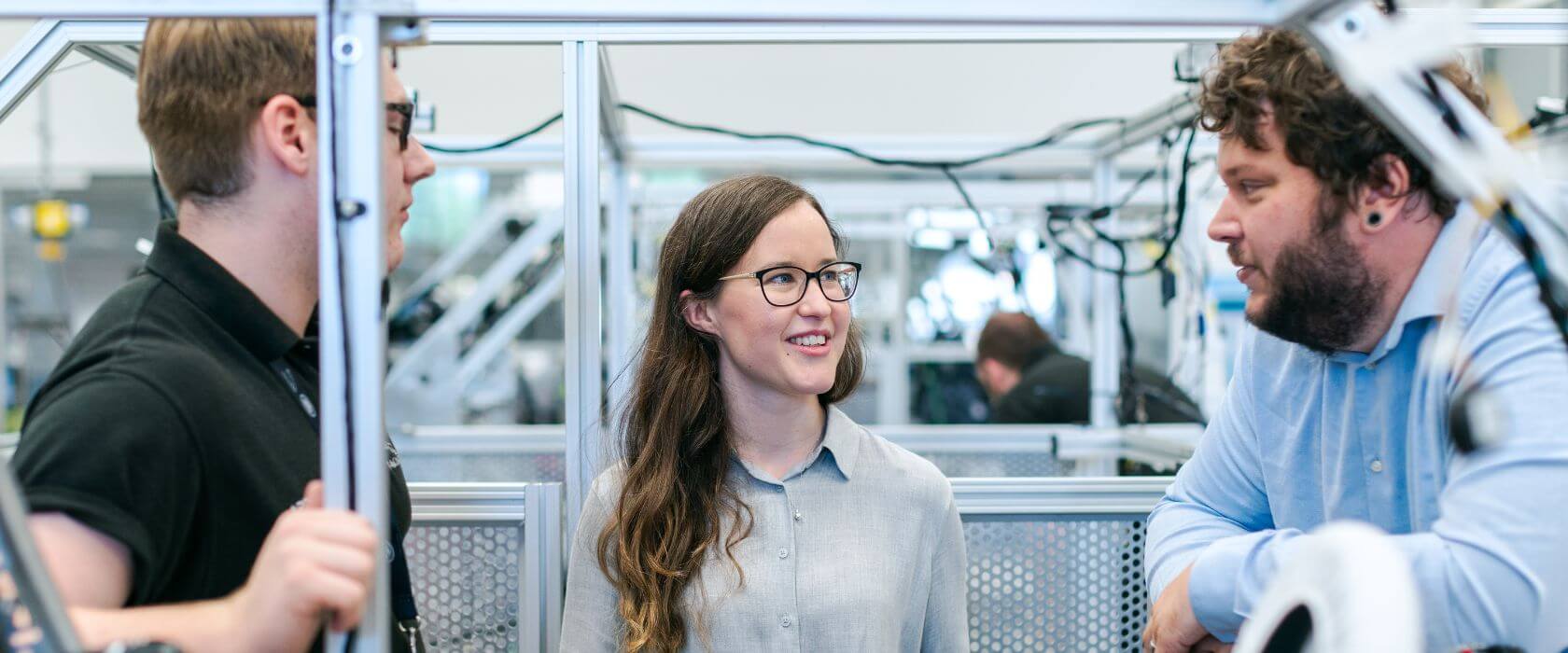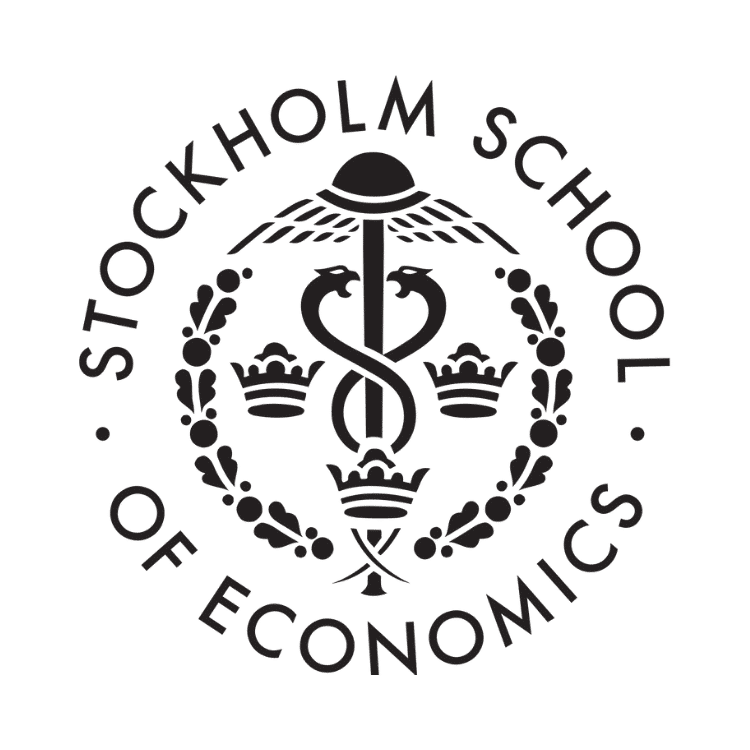The SSE MBA Executive Format takes an ESG-centric approach in the Nordics
Sara Elfsson graduated from the Stockholm School of Economics MBA Executive Format. Now, she tells MBAGRADSCHOOLS how the best EMBA in the Nordics helped her become a better, more sustainable leader.







